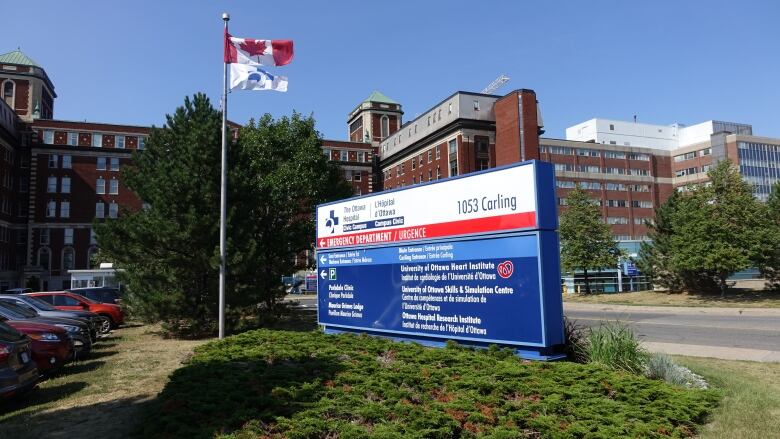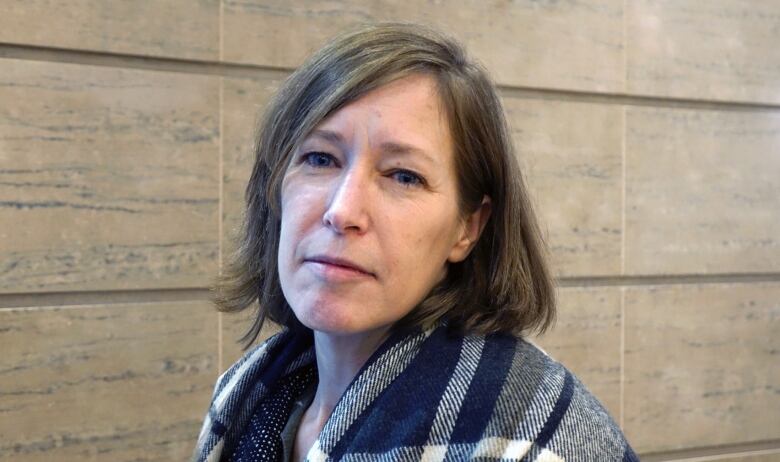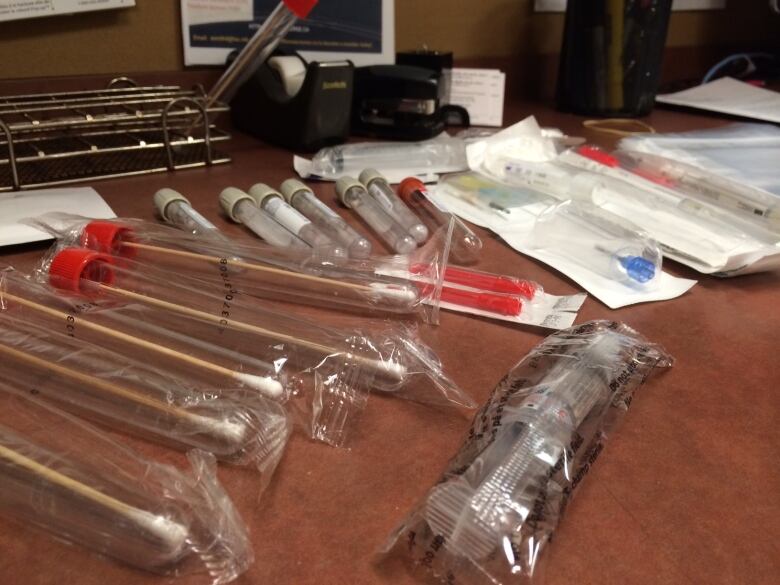Drugging suspected in majority of sex assaults, hospital study shows
Researchers found 54 per cent of victims admitted to Ottawa Hospital in 2015 believed they'd been drugged

More than half of sexual assault cases treated at the Ottawa Hospital in 2015 involved victims who suspected they'dbeen drugged, startling new research shows.
According to a study published earlier this month in the Emergency Medicine Journal, the team at The Ottawa Hospital's sexual assault and partner abuse care centre reported 54 per cent of the patients they treated that year reported being drugged before they were assaulted.
The hospital surveyed 202 victims admitted for medical treatment following an assault, and classified108 of those cases as "drug-facilitated."
Dr. Kari Sampsel, the centre's medical director, said patients commonly report experiencing blackouts and memory loss they can't explain.
"That is the most common thing that we hear. Someone says, 'I had half a beer and I woke up 12hours later and remembered nothing," Sampsel said.
GHB, ketamine
Toxicology testing often reveals the victimswere exposed to sedatives or other memory-impairing drugs including gamma hydroxybutyrate (GHB) or ketamine, as well as more commonly available drugs such as Gravol.
The study is three years old, but Sampsel said drug-facilitated assaultscontinueto be a worrying problem.
"Drug-facilitated sexual assault is something that is very common, and is going to continue to be common," Sampsel said.
Drug-facilitated sexual assault is something that is very common, and is going to continue to be common.- Dr. KariSampsel
She said there's evidence predators are becomingmore aggressive as awareness of their methods grows.
"In order for someone who is going to be a predator to take advantage of someone, you kind of have to incapacitate them, so I think we are going to see high numbers of this."
In the same year the data was collected, Ottawa police received 659 sexual assault complaints.
Many victims don't go tohospital for treatment, Sampselsaid. However victims who believe they've beendrugged aremore likely to seek medical treatment.
The centre has continued to collect data since 2015, and hopes to be able to track broader trends in the future.

Keeping an eye out
SunnyMarriner, executive director of the Ottawa Rape Crisis Centre, said staff there don't see the same proportion of drug-facilitated cases, but she knows they occur.
"By no meansdoes it make up half of the calls from survivors that we receive," she said.
Whatever the circumstances of each case, staff at the centre alwaysstart by ensuring the victim they'rebelieved.
"Often they may find people dismiss their experience as drunkenness, when in fact it was drugging," she said.
"I believe perpetrators of sexual assault are going to perpetrate, regardless of what is going on," she said. "Those that would have chosen to use this method would have chosen to use this method 10 years ago as well."
Marriner urgedpeople to be on the lookoutfor a friends or strangers who suddenly becomes intoxicated or incoherent.
"People in public spaces can do a lot to try and ensure the safety of others," she said."Keeping an eye on each other goes a long way in a community."

Decision lies with victim
Acting Supt. Jamie Dunlopcouldn'tprovide specific numbers on drug-facilitated assaults, but said Ottawa police dosee cases of it.
Dunlop said victims can sometimes be reluctant to come forward because their memory of the event is poor. Ultimately, it's the victim's decision to come forward, he said.
"When it comes to sexual assault the power of when to proceed and how to proceed, we leave that with them."
The research study also revealed that of the victims who report to hospital, only two-thirds agree to be examined for evidence of sexual assault. Of those, only half agree to have the results, collected with what are known as "rape kits," handed over to police.
Increasing that number could help police get a clearer picture of the problem, Dunlop said.












_(720p).jpg)


 OFFICIAL HD MUSIC VIDEO.jpg)
.jpg)



























































































